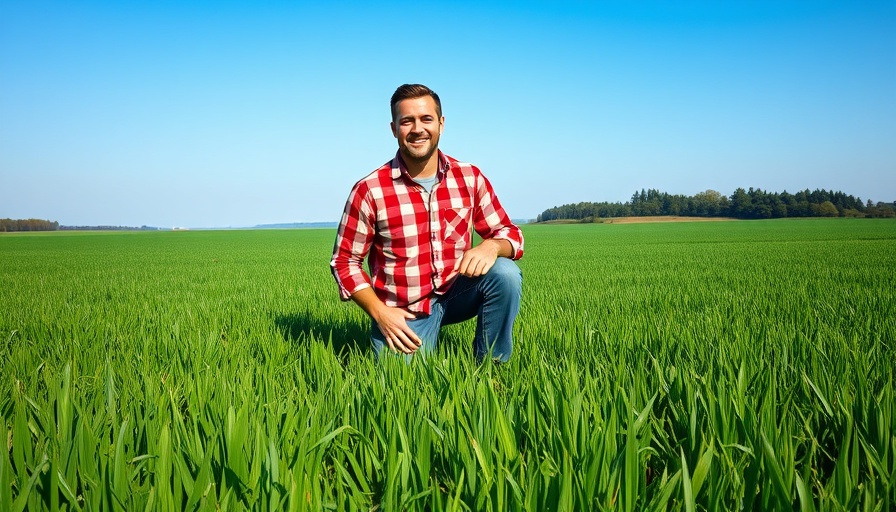
Understanding the Essential Jobs on a Farm: A Path to Sustainability
Farm life may seem idyllic from afar, but the reality is that maintaining a successful farm takes grit, passion, and a diverse set of skills. From caring for livestock to managing crops and overseeing operations, the various jobs found on a farm are pivotal for ensuring the farm's productivity and sustainability.
The Backbone of Farm Operations: Agriculture Workers
At the heart of any farm are the dedicated farm workers. These individuals are tasked with the vital job of caring for farm animals. Not only do they ensure that animals are properly fed, but they also monitor their health, administer medications when needed, and maintain cleanliness in their living environments. Their work is not simply about meeting production quotas; it revolves around creating conditions where animals can thrive, consequently improving the quality of products like milk and eggs.
The Caretakers of Crop Production
Equally important are laborers focused on plant cultivation. These individuals not only plant seeds and manage the growing process but also prepare soil and maintain the necessary conditions for crops to reach their full potential. Their responsibilities include watering, pruning, and weeding, ensuring that the produce is not only abundant but also healthy. Each harvest is a testament to their tireless dedication and knowledge of agricultural practices.
The Role of Agriculture Mechanics in Modern Farming
To keep things running smoothly, agriculture mechanics play an essential role as well. From electricians to welders, these specialists are vital, ensuring that farming equipment operates effectively and safely. Their presence allows farms to utilize advanced technology, resulting in more efficient production methods. For those interested in the technical aspects, learning about what tools and techniques are appropriate for different tasks can greatly increase productivity.
Farm Management: The Overarching Control
A farm manager bears significant responsibility in overseeing daily operations and orchestrating the various jobs listed above. Coordinating schedules, managing finances, purchasing supplies, and marketing products are just a few of the tasks in their purview. The complexity of this job cannot be overstated; it requires a blend of leadership, financial acumen, and an understanding of both agricultural practices and market dynamics.
Compliance and Quality Assurance: The Role of Inspectors
Lastly, agricultural inspectors ensure that farms comply with necessary regulations. These inspectors are crucial in maintaining safety and quality standards, checking everything from the condition of equipment to the quality of produce. Their oversight helps to reinforce consumer trust in products, contributing to the larger framework of sustainable agriculture.
The Future of Farming Roles in Urban Settings
As cityscapes evolve, the importance of urban farming is increasingly recognized. Jobs related to urban agriculture—from rooftop farming to hydroponics—have gained prominence, introducing innovative methods of growing food in limited spaces. This shift not only brings agricultural practices closer to urban dwellers but also empowers communities to engage in sustainable living practices, thus reinforcing local food systems. Urban gardening and community gardens contribute to this transformation, allowing individuals to participate directly in food production.
Empowering Yourself Through Knowledge
Understanding the various roles within farming can inspire those aspiring to lead more sustainable lifestyles. Whether tending to a community garden or exploring the potential of vertical farming, every individual action contributes towards a more self-sufficient society. Equipping yourself with knowledge about gardening, crop management, and sustainable practices serves as a powerful tool for personal fulfillment and community connection.
As you consider your own journey into sustainable living, reflect on how you can harness these insights. Engaging with local farming initiatives or starting your own garden can be transformative not just for you, but for your community as well. It's an opportunity to reconnect with the earth and elevate the importance of homegrown food.
 Add Row
Add Row  Add
Add 




Write A Comment